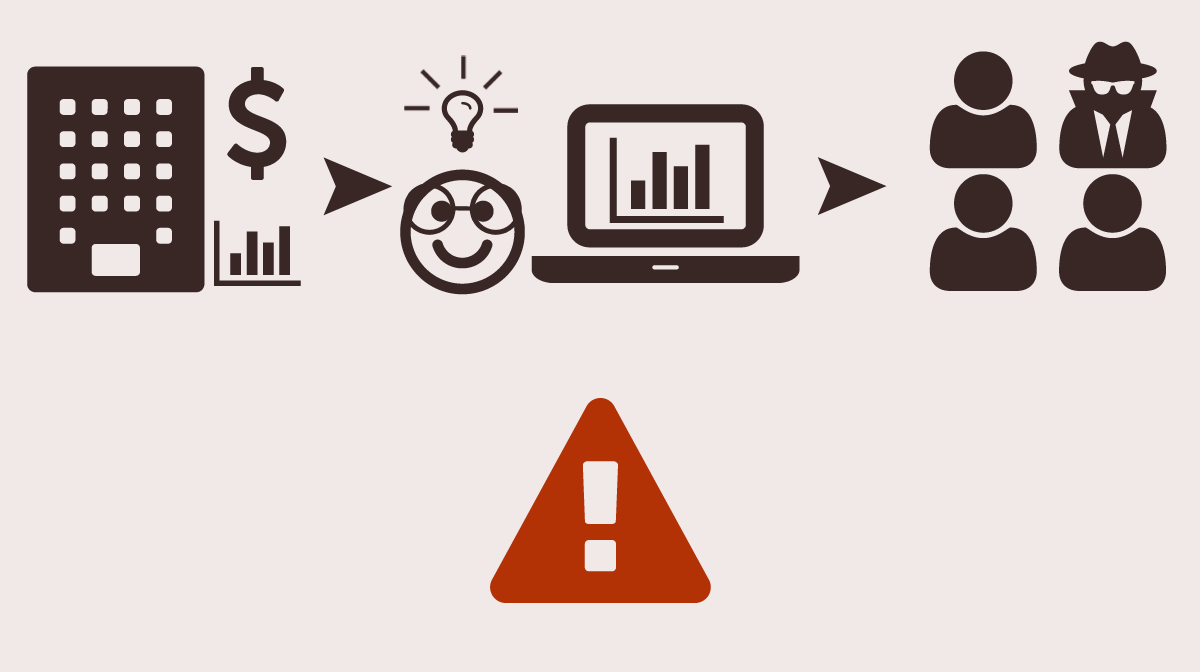Census data has long been a mainstay of the open data movement, and in many ways it has been used for good. Open data advocates and civic hackers are eager to bring government data to the public in useful ways. This is a movement that I support and wholeheartedly endorse. However, as someone who has worked in the rental industry for a decade, I would caution civic hackers to be very cautious when it comes to using the rent rates provided by the US Census Bureau.
It's very easy to pull median rent rates from the Census. Head over to American Fact Finder and I can easily find the median rent rate for my immediate area using the most recent data from the 2013 American Community Survey 5 year estimates. It says that the median contract rent rate for "Renter-occupied housing units paying cash rent" is $758. A well-meaning open gov hacker might well think "hey, I can help renters out by quickly creating an app that shares these prices!" And by doing so they would be contributing to the hundreds of renters that lose huge sums of cash to rental scammers every week.
Out of curiosity, I picked a few apartment listing sites and pulled the current median rent rates within a few blocks of my house.
- Hotpads: $1300
- Craigslist: $1400
- Realtor.com: $1600
These numbers are from July 2015 and specific to a small section of the Albany Park neighborhood in Chicago.
They're a lot higher than $758.
Picture yourself as a low income Chicago renter. You're searching through apartment listings for something you can afford. You saw on some app somewhere that median rents are $758, but all you're seeing is $1300 and up.
Finally, you spot it! A perfect 3 bed for just $800! You scramble to set up a showing. You go look at the apartment. You pay for a deposit and a background check. You go home and cross your fingers... and you never hear from the landlord again.
What really happened here?
Well, the "landlord" you just met doesn't own the building. They may have looked up the name of the real owner and created a fake email address to impersonate the real owner. They probably copied and pasted a legitimate apartment ad for $1300, replacing the price with something more attractive. They then broke into the vacant apartment for the "showing."
You gave them your background check info and your money order. They're all set to steal your identity or get a job using your Social Security Number. You'll never see the cash again.
It's a very common scam. Open data folks would to well to not give renters reason to think that the median rents from the Census Bureau have any connection with market rates. This is not even a question of providing the numbers with context or without. They simply should not be published in any app designed for consumer use.
So why the big difference in prices?
There are two main factors contributing to the big gap between the census numbers and the actual market rents. Both of them have to do with time.
The more obvious issue is that the most recent census data is from 2013, and we're now 2 years on. Rents have been skyrocketing in Chicago since 2011. Even basic residential neighborhoods have seen 10% year over year increases. Fancy name brand neighborhoods have gone up even higher.
Many landlords are inconsistent about raising the rent each year. Even if they do raise it, they're not likely to raise it up to match the actual market price. Long term renters will see the gap between their current rent and the asking price for new listings get wider as years go by. The census estimates include everyone - the folks who just moved in and the folks who moved in 20 years ago. The long term renters are pulling the census median way, way down.
Safe Use of Census Rent Rates
The need to protect renters from scams does not make the census data completely useless. There are several ways that it can be used to help the public. Next week I'll share with you a tool that combines median rents with the year people moved as a quick & dirty way to measure the gentrification rate of Chicago neighborhoods.
I'm sure you brilliant readers can come up with some other uses. Feel free to share them in the comments.


